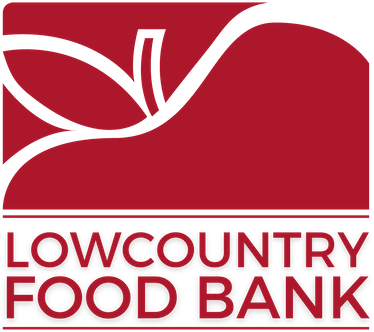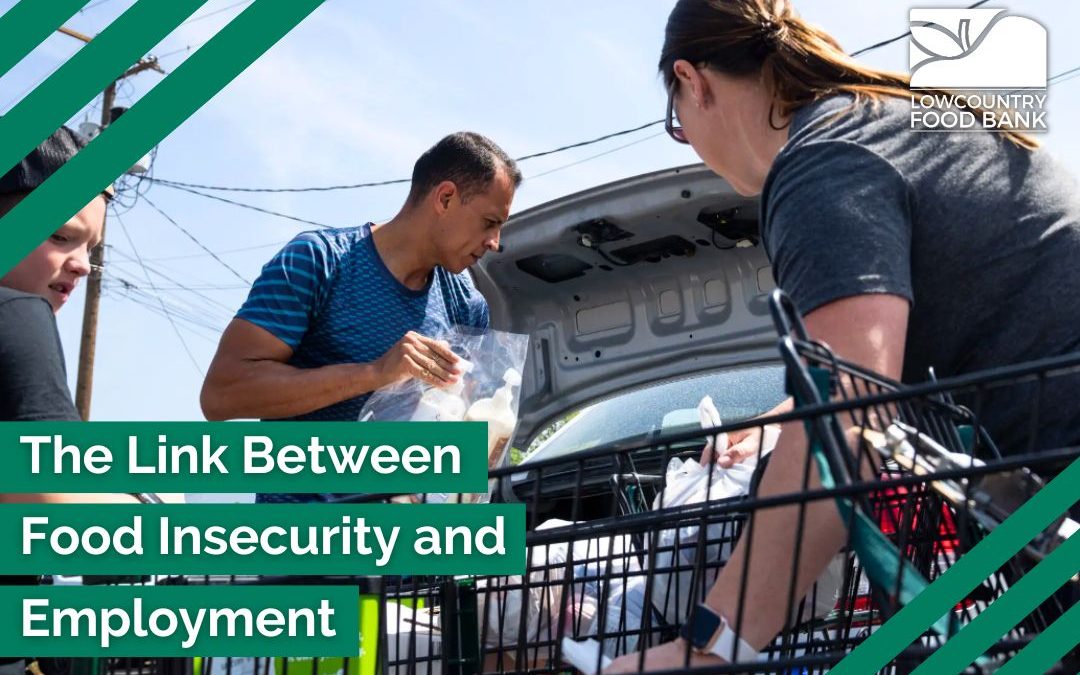Many aspects of employment, including the working environment and access to benefits, can affect the health of workers and their families, and it’s not difficult to draw a line from employment to food security. Simply being employed, though, does not guarantee financial stability and the ability to afford the essentials that provide for a good quality of life. For example, although the unemployment rate in South Carolina is currently at 3%, a significant percentage of workers are not earning enough to afford the basics in the communities where they live.
According to data from the United Way of South Carolina released as part of their ALICE report, 43% of residents have income below what they’ve calculated to be a “Survival Budget” for the state. This budget takes into account essentials such as housing, childcare, food, transportation, healthcare, and basic access to technology. The ALICE Household Survival Budget for a family of four in 2021 (the most recent year for which data was available) was $58,104, which was well above the Federal Poverty Level of $26,500. It also exceeded the full-time earnings for most low-wage jobs. For example, retail salespersons- one of the most common occupations in our state- earned a median hourly wage of $11.38, not enough to cover the survival budget for a single worker employed full-time (which would need to be $12.82 per hour), much less for a family with children, even with two adults working (combined wages would need to be $29.05 per hour).
In addition to wages, access to benefits can also impact quality of life and ability to meet a household’s needs. 21% of South Carolinians aged 16 and older are employed in full-time, salaried positions which means they are more likely to have access to benefits like health insurance, paid time off, retirement plans, and more. Not to mention potentially more flexibility with their hours when needed to care for children, attend doctor’s appointments, etc. The status of the majority of workers in our state may leave them out of these benefits, which can expose them to more economic risk and result in fewer job protections.
The fact that these aspects of employment can have a direct impact on an individual’s health and well-being makes them a Social Determinant of Health. And employment status, wages, and access- or lack of- to benefits can also directly impact a household’s food security. Many neighbors visiting food pantries are employed- sometimes working multiple jobs- but still aren’t earning enough to meet the basic cost of living in their communities. A bag of food may help for today, but what about the long term?
What are your thoughts on this topic? Share below in the comments.
About the Lowcountry Food Bank: Feed. Advocate. Empower.
The Lowcountry Food Bank serves the 10 coastal counties of South Carolina and distributed more than 39 million pounds of food in 2023. The Lowcountry Food Bank helps fight hunger by distributing food to nearly 230 partner agencies including on-site meal programs, homeless shelters and emergency food pantries. The Lowcountry Food Bank advocates on behalf of those who experience hunger and helps empower people to make healthy and nutritious food choices. For more information, visit the Lowcountry Food Bank website.


Recent Comments